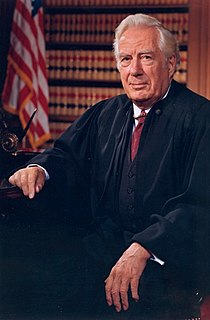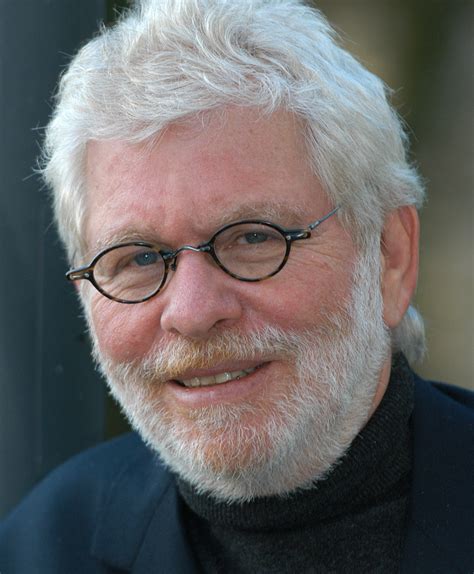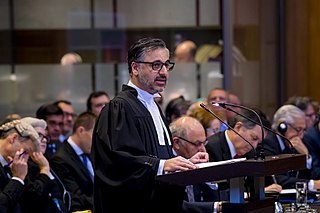A Quote by Warren E. Burger
Guilt or innocence becomes irrelevant in the criminal trials as we flounder in a morass of artificial rules poorly conceived and often impossible [to apply].
Quote Topics
Related Quotes
Many Americans have lost confidence in the way our criminal courts assess guilt and innocence. Whatever one thinks of the verdicts, the recent trials of O.J. Simpson, Erik and Lyle Menendez, and various defendants in preschool molestation cases have been lengthy, lawyer-dominated soap operas in which the search for truth has been subordinated to the manipulation of procedures.
In existing criminology there are concepts: a criminal man, a criminal profession, a criminal society, a criminal sect, and a criminal tribe, but there is no concept of a criminal state, or a criminal government, or criminal legislation. Consequently what is often regarded as "political" activity is in fact a criminal activity.
Parents create guilt. That is the greatest sin against humanity. To create guilt in a child is criminal because once the guilt is created, the child will never be free of it. Unless he is very intelligent it will be impossible for him to get rid of it; something of it will remain around him like a hangover.
It is more important that innocence be protected than it is that guilt be punished, for guilt and crimes are so frequent in this world that they cannot all be punished. But if innocence itself is brought to the bar and condemned, perhaps to die, then the citizen will say, "whether I do good or whether I do evil is immaterial, for innocence itself is no protection," and if such an idea as that were to take hold in the mind of the citizen that would be the end of security whatsoever.
Guilt is not a response to anger; it is a response to one’s own actions or lack of action. If it leads to change then it can be useful, since it is then no longer guilt but the beginning of knowledge. Yet all too often, guilt is just another name for impotence, for defensiveness destructive of communication; it becomes a device to protect ignorance and the continuation of things the way they are, the ultimate protection for changelessness.
Criminal trials are fundamentally about individual accountability whereas truth commissions are less about the guilt of the perpetrator and more about the suffering of the victim. A criminal trial is only incidentally a therapeutic or cathartic process for victims. But truth commissions, as we saw in South Africa, have the advantage of giving tens of thousands of people the opportunity to tell their stories, and not only does that contribute to healing but it also contributes to reconciliation, especially when perpetrators also come and express contrition.


































